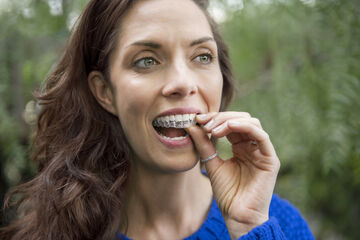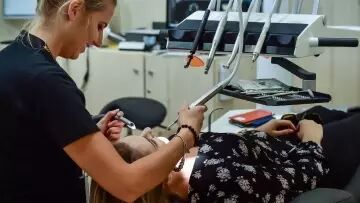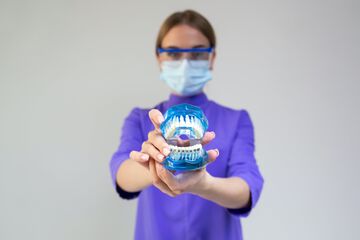
Dental implants can be life-changing for many patients. They essentially offer a natural replacement for a missing tooth that looks, feels and functions just like a natural tooth. Dental implants can replace a single missing tooth, or an entire arch of teeth. As far as advancements in dentistry go, the dental implant is one of the most exciting developments in recent years.
With all dental restorations, aftercare is essential. Caring for your implants after treatment will help to ensure the implant stays healthy and isn’t rejected. Gum disease can lead to a condition known as peri-implantitis, which can cause the implant to become loose and fall out. To avoid this occurrence, there are a few aftercare instructions to consider.
8 tips for caring for your implants
As part of the treatment plan, your dentist and treatment coordinator should run through aftercare instructions to help keep your implants healthy. These are some of the most common tips you will hear from your dentist before and after implant treatment.
Follow oral hygiene practices
You need to make sure you brush your teeth twice a day using a soft-bristle toothbrush and non-abrasive toothpaste. Follow this with a non-abrasive, antimicrobial mouthwash to reduce bacteria in your mouth. Specialist mouthwash aimed at tackling gum disease will offer the best protection.
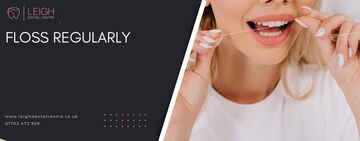
Floss regularly
Clean between your teeth and around the implant with dental floss or interdental brushes. Flossing helps remove plaque and food particles that can lead to gum disease. If you are unsure about how to floss without hurting your gums, ask your dental hygienist for some advice.
Choose implant-friendly products
Use oral care products specifically designed for dental implants, such as low-abrasive toothpaste and non-alcoholic mouthwash. While the dental implant is made from titanium and designed to last a lifetime, the crown on top will be made from porcelain or zirconia. These materials are more susceptible to scratches so you will need to be careful about what products you use on them.
Attend regular dental check-ups
One of the simplest things you can do to protect your implants is to schedule regular dental check-ups and cleanings with your dentist. Your dentist will monitor the health of your implants and address any issues promptly. There may be problems that are not visible to the naked eye, so you won’t know there is an issue until it is too late and it becomes more painful. To avoid this, visit the dentist every 6 months, or more regularly if instructed by your implant surgeon. They may want to see you more regularly in the beginning to make sure everything is healing as it should.
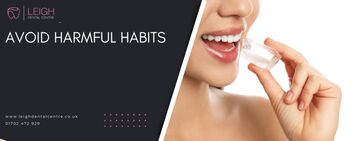
Avoid harmful habits
As mentioned above, the implant part of your new tooth might be very strong, but the crown or arch might not be as strong. There is the risk of chipping or cracking your new teeth if you aren’t careful.
Avoid chewing on hard objects or using your teeth to open packages, as this can damage your implants. These rules also apply to your natural teeth, as they are also at risk of cracking or chipping if you aren’t careful. Chewing on ice is another common reason for teeth to break.
Other harmful habits to consider stopping include smoking and vaping. Smoking causes dry mouth which can make it easier for bacteria to build up and damage your implants.
Maintain a healthy diet
Your choice of foods will have a big impact on the lifespan of your dental implants. If poor eating habits are the cause of your tooth loss, and you don’t address these habits after you get dental implants, you can expect the problems to persist.
Consume a balanced diet rich in vitamins and minerals to promote overall oral health. Limit sugary and acidic foods, as they can contribute to plaque formation and gum problems. Also, try to avoid snacking between meals as this can also cause issues with food getting caught between your implants.

Protect your implants during physical activities
If you participate in contact sports or activities that could pose a risk to your mouth, consider using a mouthguard to protect your implants and natural teeth. A custom-made mouth guard will help to prevent knocks and bumps that could cause you to chip your tooth or damage the bone around your implant.
Be mindful of grinding and clenching
If you have a tendency to grind or clench your teeth (bruxism), discuss this with your dentist. They may recommend a night guard to protect your implants from excessive force. Relaxation techniques can also help you to relax and prevent night time grinding.
Ready to explore dental implants?
If you’re curious to learn how dental implants could change your life, get in touch with our team today to book your initial consultation.
Contact us to make an appointment
Exclusive Offer
Airflow stain removal from our hygienist
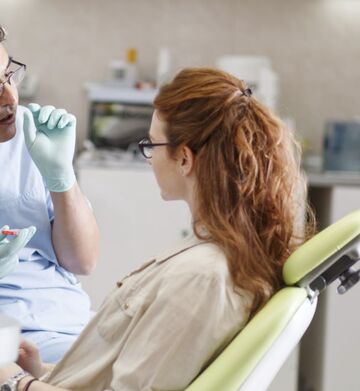
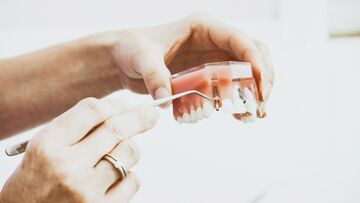
Benefits of Dental Implants
10.04.2024
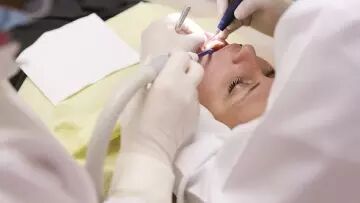
Replacement for a Missing Tooth
04.11.2023
Time for you perfect smile?
Book your consultation today
When visiting our practice you know you are visiting the dental professionals trained to the highest standards. You are greeted by our welcoming staff, who share the same aim, to make your visit with us as comfortable and stress free as possible.
